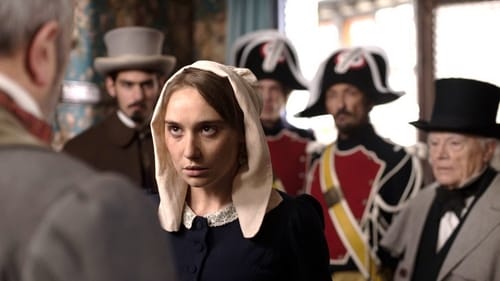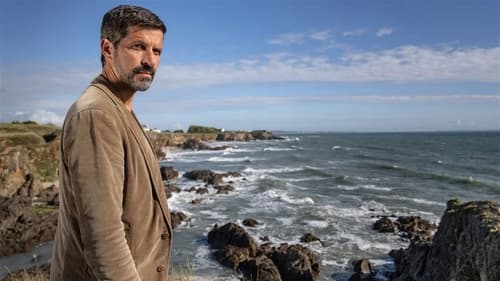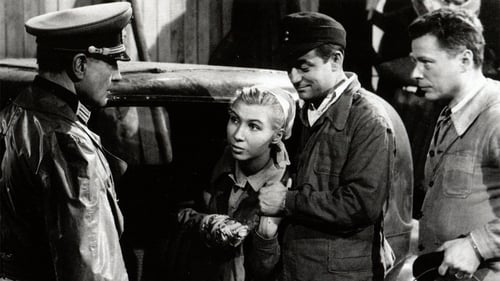Song of Armorica (2016)
Genre : Drama, Documentary, Music, Romance
Runtime : 44M
Director : Jean Epstein
Synopsis
A poetic drama, spoken in the Breton language and set in a Breton fishing community, telling of the impossible love between a waifish fisherman and a highborn lady-of-the-manor.











